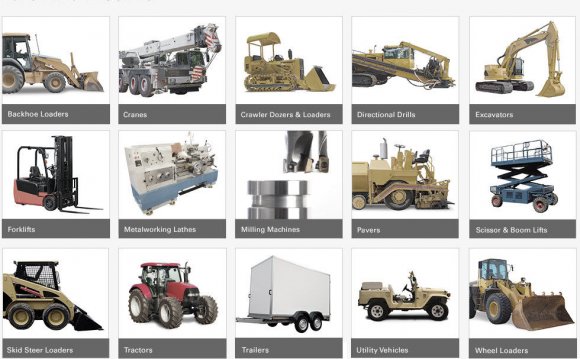
Work place for Construction Equipment Operators
Building gear providers held about 424, 800 tasks in 2014.
The employment degrees of building equipment operators in 2014 were as follows:
| Operating engineers and other building gear operators | 363, 400 |
| Paving, surfacing, and tamping equipment operators | 57, 700 |
| Pile-driver operators | 3, 700 |
Construction equipment providers operate in almost every weather condition, although rain or exceedingly cold temperatures can stop some kinds of building. Workers often get dirty, oily, dirty, or dusty. Some operators work in remote places on big construction jobs, such as for example highways and dams, or in industrial facilities or mines.
Injuries and conditions
Running engineers alongside construction gear providers have a greater rate of injuries and illnesses as compared to national average. Slips, drops, and transport incidents can typically be precluded by observing correct operating procedures and safety practices. Bulldozers, scrapers, and particularly pile-drivers, are loud and shake or jolt the operator, which may result in repeated tension accidents.
Construction Equipment Operators Time-table
Building gear operators could have irregular hours because work with construction tasks must often continue night and day or be done later during the night. Almost all construction equipment providers work fulltime.
How to be A Building Gear Operator
Have the training you want: Find schools for Construction Equipment Operators near you!
Many employees learn gear operation on-the-job after making a higher school diploma or comparable, while others understand through an apprenticeship or by going to vocational schools.
Building Gear Operator Education
A top college diploma or equivalent is required for some tasks. Vocational instruction and mathematics courses are useful, and a training course in automobile mechanics can be helpful because workers usually perform maintenance on their equipment.
Education at a private vocational college a very good idea to find a job, plus the variety of construction gear which taught varies from school to college. But people thinking about this type of education should check out the school’s reputation among employers in the area to see in the event that school supplies the possibility to teach on actual machines in realistic situations.
Many instruction facilities merge advanced simulators to their training, permitting novices to familiarize by themselves utilizing the equipment in a digital environment before running real devices.
Building Gear Operator Training
Many workers learn their tasks by running light equipment beneath the assistance of a professional operator. Later on, they may run heavier equipment, like bulldozers. Technologically advanced level construction equipment with computerized controls needs better skill to use. Providers of these gear may require even more training many knowledge of electronics.
Other workers learn their particular trade through a 3- or 4-year apprenticeship. For each year regarding the system, apprentices will need to have at least 144 hours of technical instruction and 2, 000 hours of compensated on-the-job training. On-the-job, apprentices learn to keep gear, work equipment, and employ unique technology, particularly a Global Positioning program (GPS). Within the class room, apprentices understand operating processes for unique equipment, protection practices, and medical, as well as just how to read grading programs. Because apprentices learn how to operate a wider number of machines than do various other novices, they usually have better task possibilities.
A few groups, including unions and contractor associations, sponsor apprenticeship programs. Some apprenticeship programs have actually chosen entry for veterans. The essential qualifications for entering an apprenticeship program tend to be the following:
- Minimum chronilogical age of 18
- High school education or equivalent
- Bodily able to do the job
- Valid driver’s license
After finishing an apprenticeship program, apprentices are considered trip workers and perform jobs with less assistance.
Permits, Certifications, and Registrations
Building gear providers usually need a commercial driver’s license (CDL) to carry their particular equipment to various jobsites. State rules governing CDLs vary.
A few says have special licenses for providers of backhoes, loaders, and bulldozers.
At this time, 17 states need pile-driver operators having a crane permit because comparable working concerns connect with both pile-drivers and cranes. Additionally, the cities of Chicago, brand new Orleans, New York, Omaha, Philadelphia, and Washington, DC require special crane licensure.









